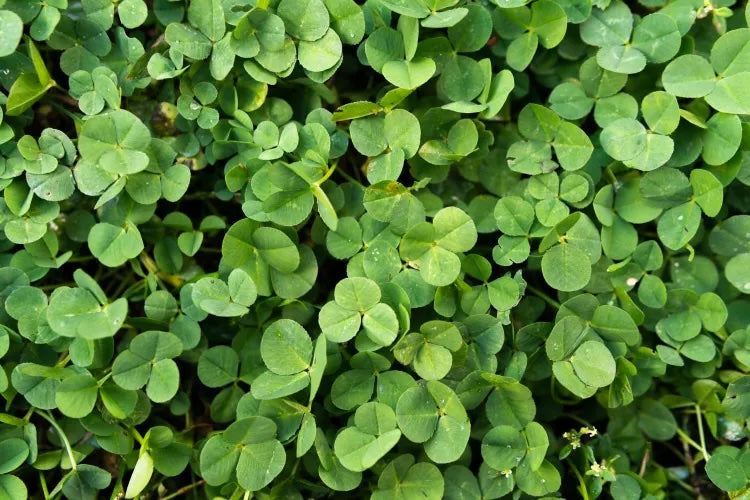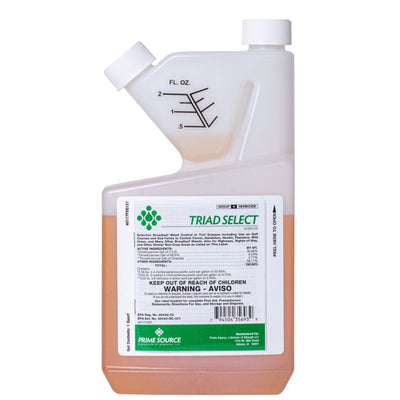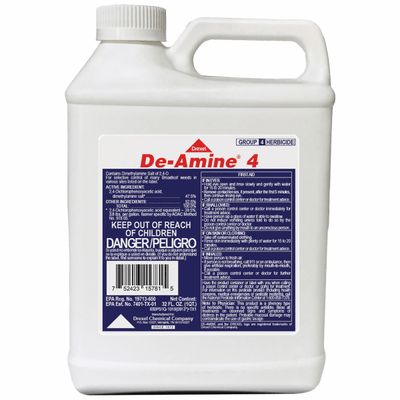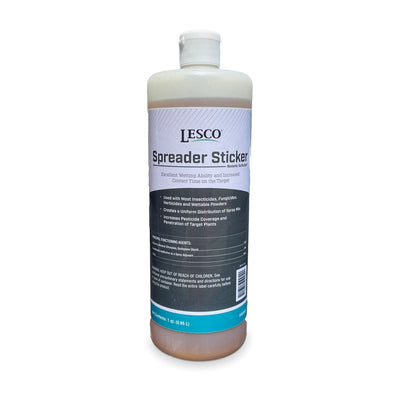Are you tired of seeing clover take over your once lush green lawn? Clover can be a persistent and frustrating weed to deal with, but with the right approach, you can reclaim your lawn and have it looking healthy and clover-free. In this blog post, we will explore effective methods to get rid of clover in your lawn and restore its beauty.
What Will Kill Clover But Not Grass?
Regular Mowing:
- Higher mowing height: Maintain your lawn at a higher mowing height (around 3 inches) to shade out clover and encourage grass growth.
Fertilize Properly:
- Balanced fertilization: Apply a balanced fertilizer to promote healthy grass growth, outcompeting clover.
- Avoid excessive nitrogen: Over-fertilization can encourage clover growth, so follow recommended application rates.
Adjust pH Levels:
- Soil testing: Determine soil pH levels and apply lime if necessary to discourage clover.
Apply Broadleaf Herbicide:
- Triad Select Herbicide: Consider using Triad Select, a selective herbicide designed for killing clover in the yard.
- Read the label: Carefully read and follow the instructions provided on the product label for proper application.
Overseeding:
- Overseed your lawn: Increase grass density by overseeding to fill in bare areas left by removed clover.
- Select grass varieties: Opt for grass types that are more resistant to clover invasion, such as fine fescue or Kentucky bluegrass.
Maintain Vigilance:
- Regular inspection: Keep an eye on your lawn for any signs of clover resurgence.
- Prompt action: If clover reappears, take immediate action using a combination of cultural practices and herbicide application.
Best Way To Get Rid Of Clover In Grass
The fastest way to get rid of clover is to apply a broadleaf herbicide labeled for clover.
How To Get Rid Of Weeds
Application Instructions
Start by mixing a herbicide in a backpack sprayer using 1 gallon per 1,000 sqft. mixing ratio. If using Triad Select, mix 1.1 - 1.5 oz per 1 gallon of water and shake well.
We also suggest using a surfactant if approved on the herbicide label. A surfactant will increase the efficiency of the herbicide by reducing the surface tension on top of the clover leaf allowing the active ingredient to absorb into the leaf.
If you have clover mixed throughout the lawn, start by applying a blanket application of herbicide to the entire lawn. If clover is only in one area of your lawn, apply to only that area.
To keep clover out of your lawn, apply a broadleaf herbicide in spring and fall when conditions are favorable for clover.
Important Tips:
- Triad Select for targeted control: Triad Select Herbicide can be a valuable tool for effectively controlling clover without harming desirable grass.
- Follow safety guidelines: Wear protective clothing and follow safety precautions outlined on the product label when using herbicides.
- Use a surfactant if suggested on the label.
- Integrated approach: Combine cultural practices and herbicide application for comprehensive clover control.
By incorporating these strategies, including the targeted use of Triad Select Herbicide, you can effectively control and kill clover from your lawn, promoting a healthier and more vibrant grass cover.
Additional: Please see our guide on How to get rid of mushrooms in yard.










